Dubbed the “Bronze Muse” in honor of her skills as both a writer and lecturer, Frances Ellen Watkins Harper is regarded as one of the most extraordinarily accomplished African American women of the nineteenth century. She was, for example, a respected poet whose ten volumes of verse sold well enough to provide her with a modest income. In 1859, she became the first black woman to publish a short story. And her only novel, Iola Leroy; or Shadows Uplifted (1892), was the first book by a black writer to depict the life of African Americans in the Reconstruction-era South. (Many colleges and universities across the United States still feature it as part of their women’s studies and black literature courses.) But it was as a lecturer that Harper had her greatest impact, beginning in the antebellum period as an antislavery activist and ending up as a crusader for women’s rights and moral reform.
Harper was born of free parents in September of 1825, in Baltimore, Maryland. She was raised there by an aunt and uncle after being orphaned at an early age. She attended a private school run by her uncle until she was 13, when she went to work as a housekeeper for a family that owned a bookstore. Harper’s employer encouraged her to spend her free time reading and writing, and before long the young woman was composing her first poems and essays. Her first book, Forest Leaves (also known as Autumn Leaves), a compilation of poetry and prose, was published about 1845.
After leaving Maryland in 1850, Harper taught school for a while in Ohio and Pennsylvania. It was in Pennsylvania that she became active in the Underground Railroad. She also launched her career as an antislavery lecturer during this period, traveling extensively throughout New England, New York, Ohio, and eastern Canada to speak as often as three or four times a day. On May 13, 1857, for example, she addressed the New York Antislavery Society. In an excerpt of what is believed to be the only surviving example of one of Harper’s antislavery lectures, as quoted from Outspoken Women: Speeches by American Women Reformers, 1635-1935, Harper called for an end to slavery: “A hundred thousand newborn babes are annually added to the victims of slavery; twenty thousand lives are annually sacrificed on the plantations of the South. Such a sight should send a thrill of horror through the nerves of civilization and impel the heart of humanity to lofty deeds. So it might, if men had not found out a fearful alchemy by which this blood can be transformed into gold. Instead of listening to the cry of agony, they listen to the ring of dollars and stoop down to pick up the coin.”
The 1850s proved to be a productive time for Harper, and in addition to her public speaking engagements, she also published several volumes of poetry. In much of her writing, Harper argued for social change and in support of her beliefs. One of her most critically acclaimed works, the abolitionist poem “Bury Me in a Free Land, ” was published in 1854 in her popular book Poems on Miscellaneous Subjects. This collection saw print in over 20 editions. “Mrs. Harper’s verse is frankly propagandist, a metrical extension of her life dedicated to the welfare of others, ” commented Joan R. Sherman in Invisible Poets: Afro-Americans of the Nineteenth Century. “She believed in art for humanity’s sake.”





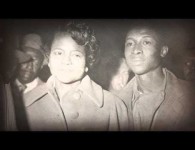

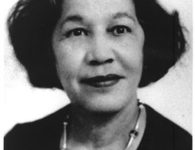

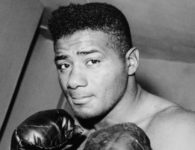

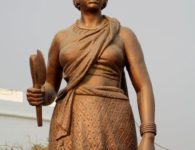
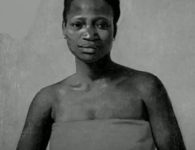
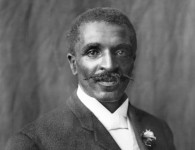
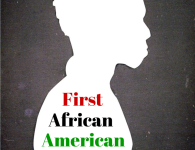
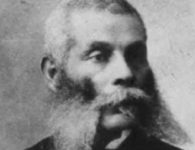


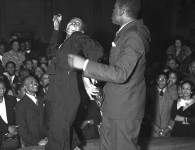

No comments